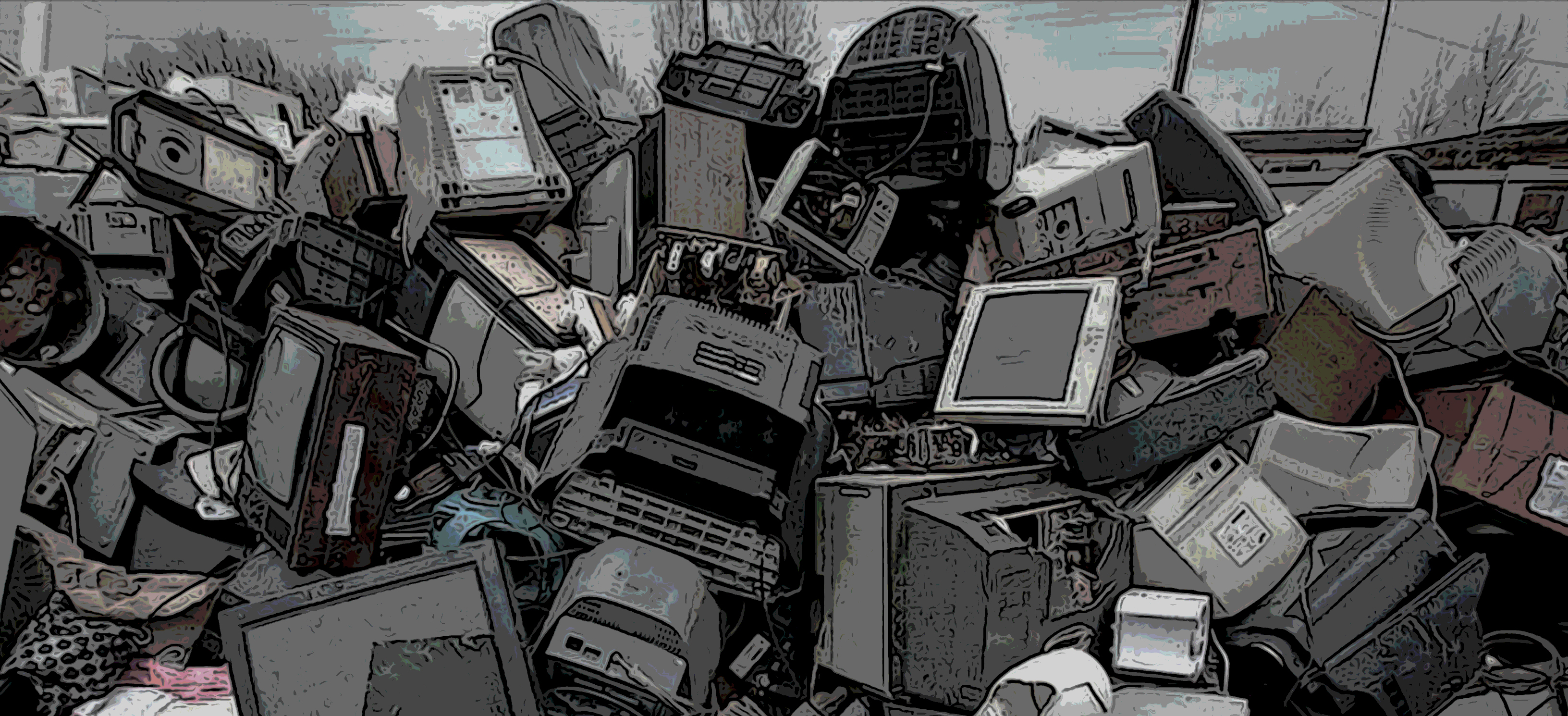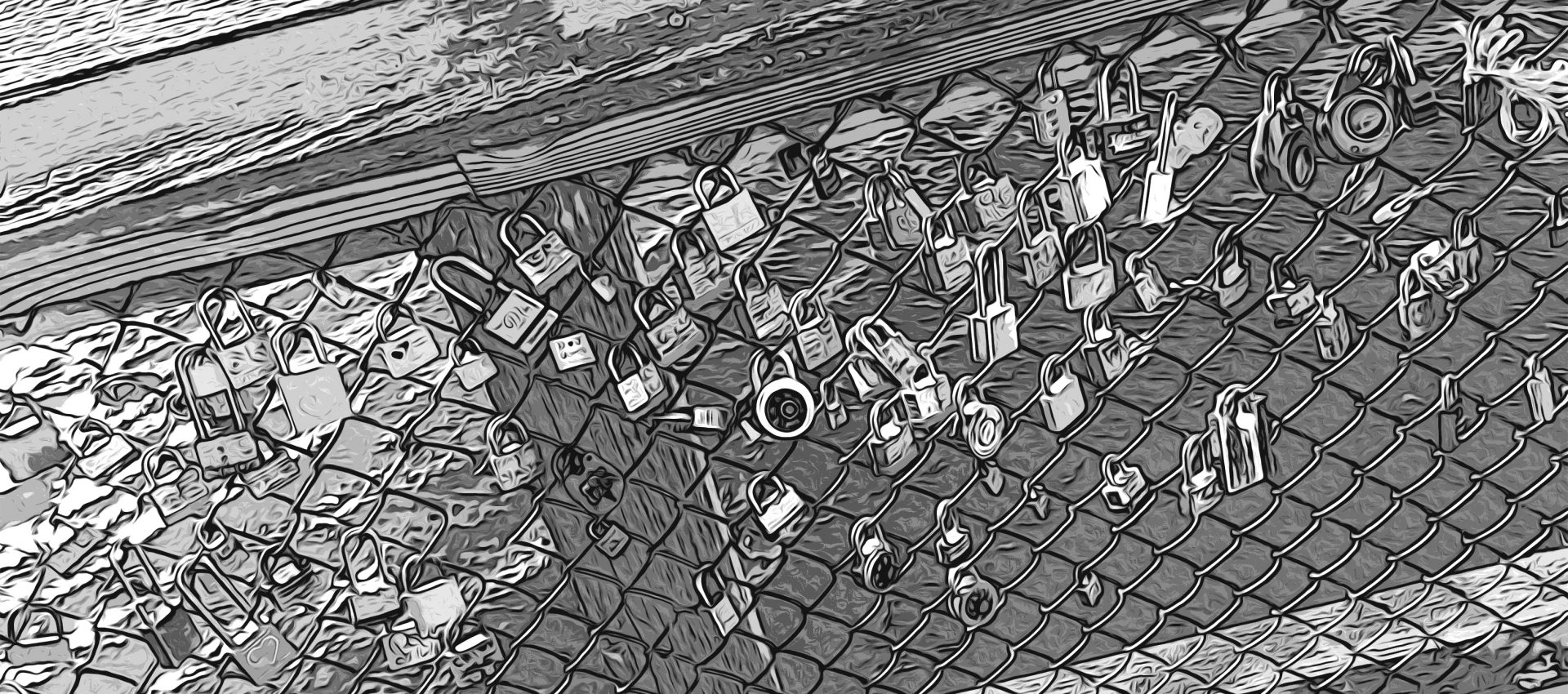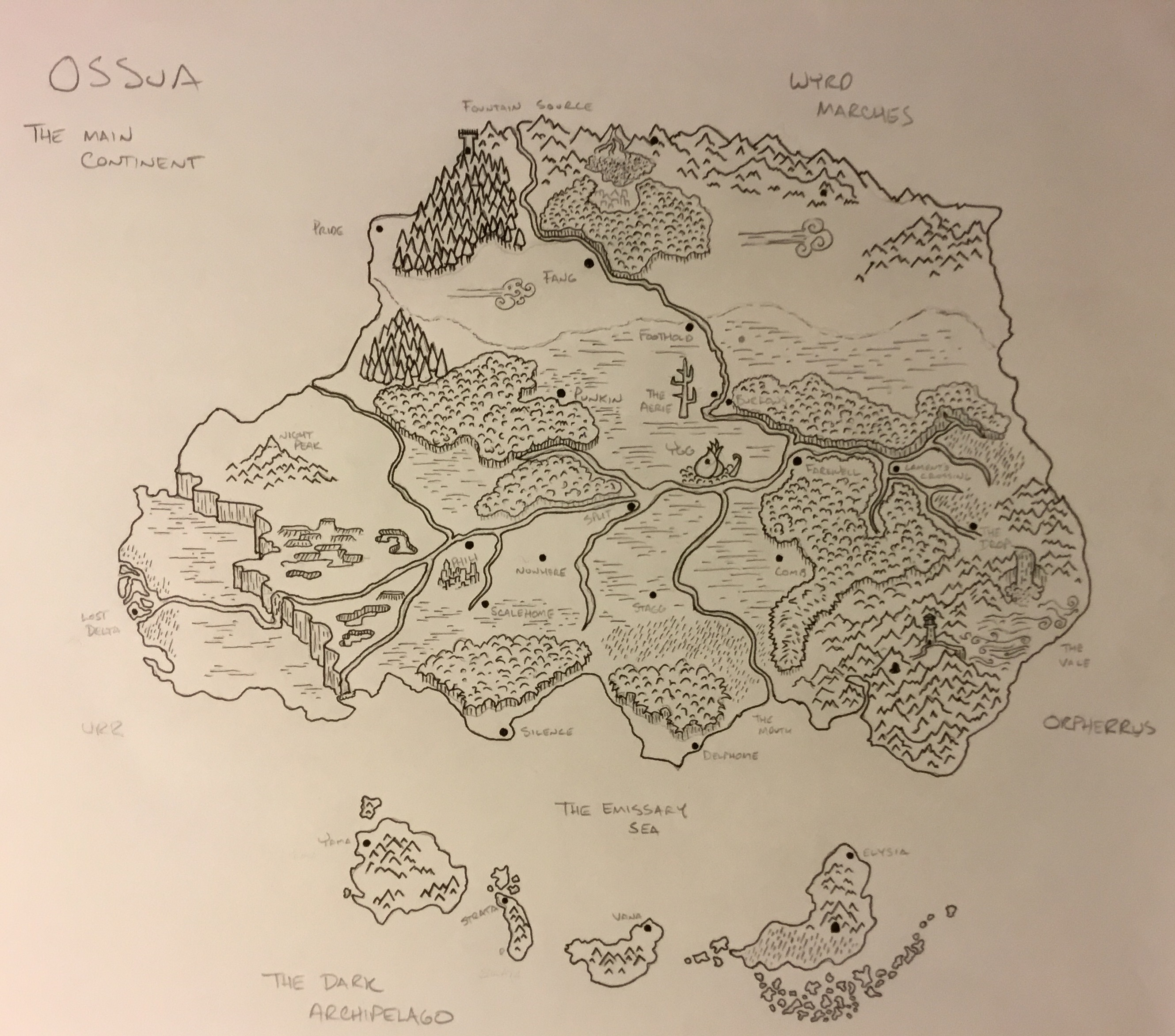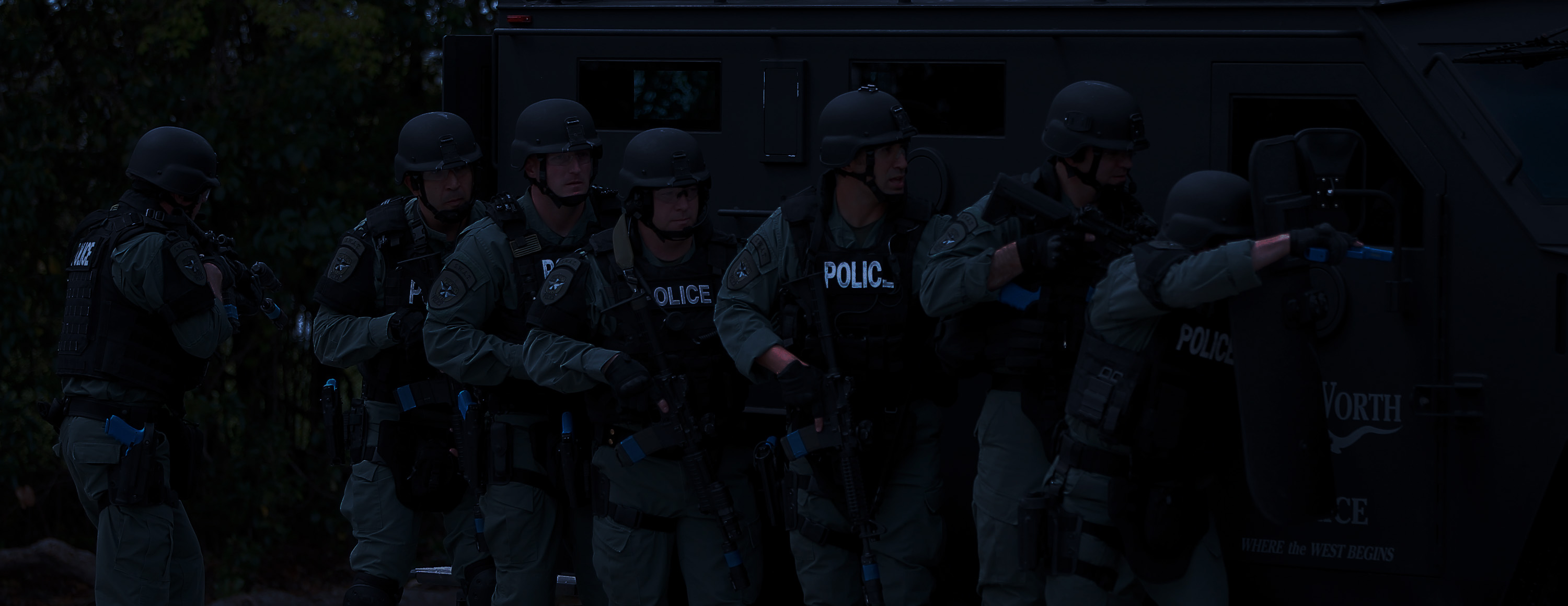I remembered an old gem from the 2014 Writing Challenge I tasked myself with to increase my writing output. Since it makes a good tie-in with Project Retro (more on that in further posts) I thought I’d repost it here. Perhaps it will entertain others who are similarly housebound while we wait for whatever comes next. It’s been edited and polished a little since then, and I feel like it’s good enough to share.
So, welcome to Apocalypse Arcade. I hope you enjoy it.
I recently listened to an episode of Start With This, a podcast about harnessing creativity by the creators of Welcome To Night Vale. Their most recent episode was on repetition, something which has been the bane of my writing style for some time now. I used to think repetition was emphatic, but it really isn’t. […]
I’m going to make things weird. Well, I’ve been quiet for a while. And it’s not been because I was incapacitated, kidnapped, or had nothing creative going. I’ve been quiet for many reasons, but chief among them was a brand new thing that has been a long time coming. I’ll let you have a look […]
So, way longer than anticipated since my last post, almost a month. My entrance into the gig economy plays a part as does taking care of an adorable dog. I’ve been trying to adjust to new realities, working the gigs, and spending time with family. But, I’ve also been creating again, and that’s left me […]
Ossua has been around for a while now. But, what is it? It’s had a few different guises. It’s been a message board, a WYSIWYG generated experiment, and a blog. The blog has been the longest incarnation. So, in a sense, Ossua is this domain name and it’s various servers throughout the years. But that’s not […]
As noted last week, Chuck Wendig provides good writing prompts. This week I drew an interesting result in his combination of X vs. Y. I really don’t want to spoil what’s in it, so read for yourself and find out who’s fighting who in this week’s mashup. As a note, this contains a little bit of […]
Archives
- May 2023
- July 2022
- June 2022
- March 2020
- November 2019
- November 2018
- September 2018
- August 2018
- January 2018
- December 2017
- November 2017
- August 2017
- July 2017
- June 2017
- May 2017
- April 2017
- March 2017
- February 2017
- November 2016
- October 2016
- July 2016
- June 2016
- March 2016
- January 2016
- December 2015
- November 2015
- August 2015
- July 2015
- May 2015
- April 2015
- March 2015
- February 2015
- January 2015
- December 2014
- November 2014
- October 2014
- September 2014
- August 2014
- July 2014
- June 2014
- December 2013
- May 2012
- February 2012
- January 2012
- December 2011
- November 2011
- October 2011
- September 2011
- August 2011
- July 2011
- June 2011
- May 2011
- April 2011
- March 2011
- February 2011
- January 2011
- December 2010
Calendar
| S | M | T | W | T | F | S |
|---|---|---|---|---|---|---|
| 1 | 2 | 3 | 4 | 5 | ||
| 6 | 7 | 8 | 9 | 10 | 11 | 12 |
| 13 | 14 | 15 | 16 | 17 | 18 | 19 |
| 20 | 21 | 22 | 23 | 24 | 25 | 26 |
| 27 | 28 | 29 | 30 | 31 | ||





